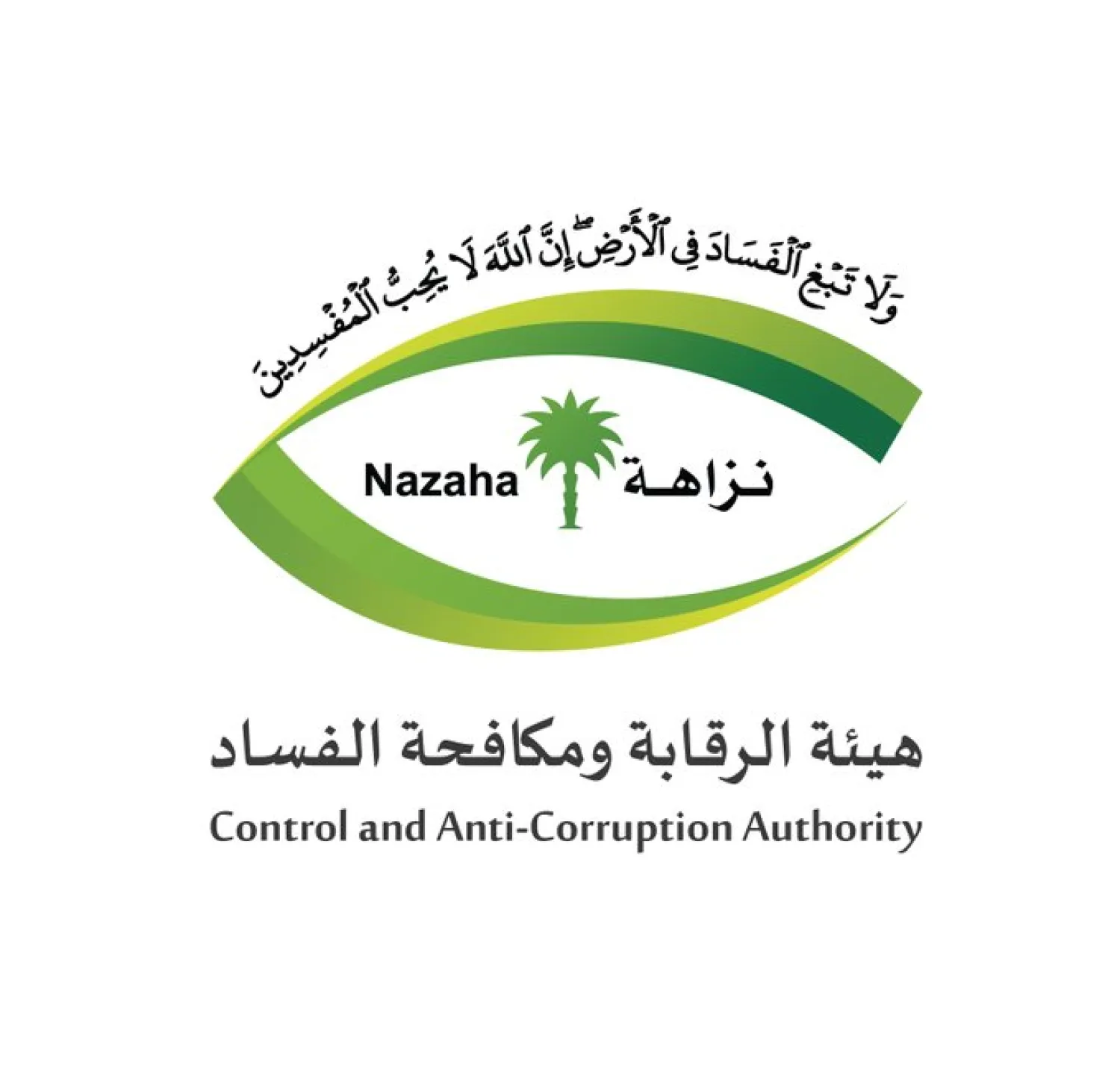The Saudi Control and Anti-Corruption Authority (Nazaha) launched 117 financial and administrative corruption cases during the current Ramadan month and arrested over 30 persons including employees from various public institutions such as the Ministry of Tourism, General Authority of Zakat and Tax, and Public Prosecution.
The Authority issued a statement detailing some of the cases, one of which included two employees of a security company who registered a number of employees in the Saned unemployment insurance program and entered false data to benefit from the state support provided to the private sector companies and employees affected by coronavirus pandemic.
Under Saned program, citizens would receive 60 percent coverage of their Saudi citizens' salaries, however, the abovementioned employees took 50 percent of the support provided to each employee, as the company continues to pay their salaries in full.
The second case involves an employee of the Tourism Ministry who violated his job duties and received bribes, along with 13 other persons, in exchange for awarding lease contracts for a number of hotels in Jeddah rented by the government to quarantine citizens returning from abroad.
While the third case refers to three workers in the private sector who offered bribes to Health Ministry employees.
The statement explained that the fourth case involves five persons, including two employees of the General Authority of Zakat and Tax, one of which received bribes from three people working in accounting, auditing, and tax and zakat consultancy offices in exchange for preparing interceptive notes to reduce tax bills on several companies, exceeding SR30 million.
Nazaha also arrested a lawyer and three administrators of the Public Prosecution and a security man in the General Directorate of Prisons for receiving bribes in exchange for providing some information and documents pertaining to some cases.
In the sixth case, two people paid a bribe to an employee of the Royal Commission for Jubail and Yanbu for illegally issuing a commercial license.
The Authority affirms it will continue to pursue anyone who exploits the public office to achieve personal gain or harm the public interest in any way possible. It warned that negligent parties will be held accountable and apply what the law rules against them.
Nazaha also appreciated the efforts of government entities in fighting financial and administrative corruption and the development of policies and procedures that promote speedy achievements against corruption.









